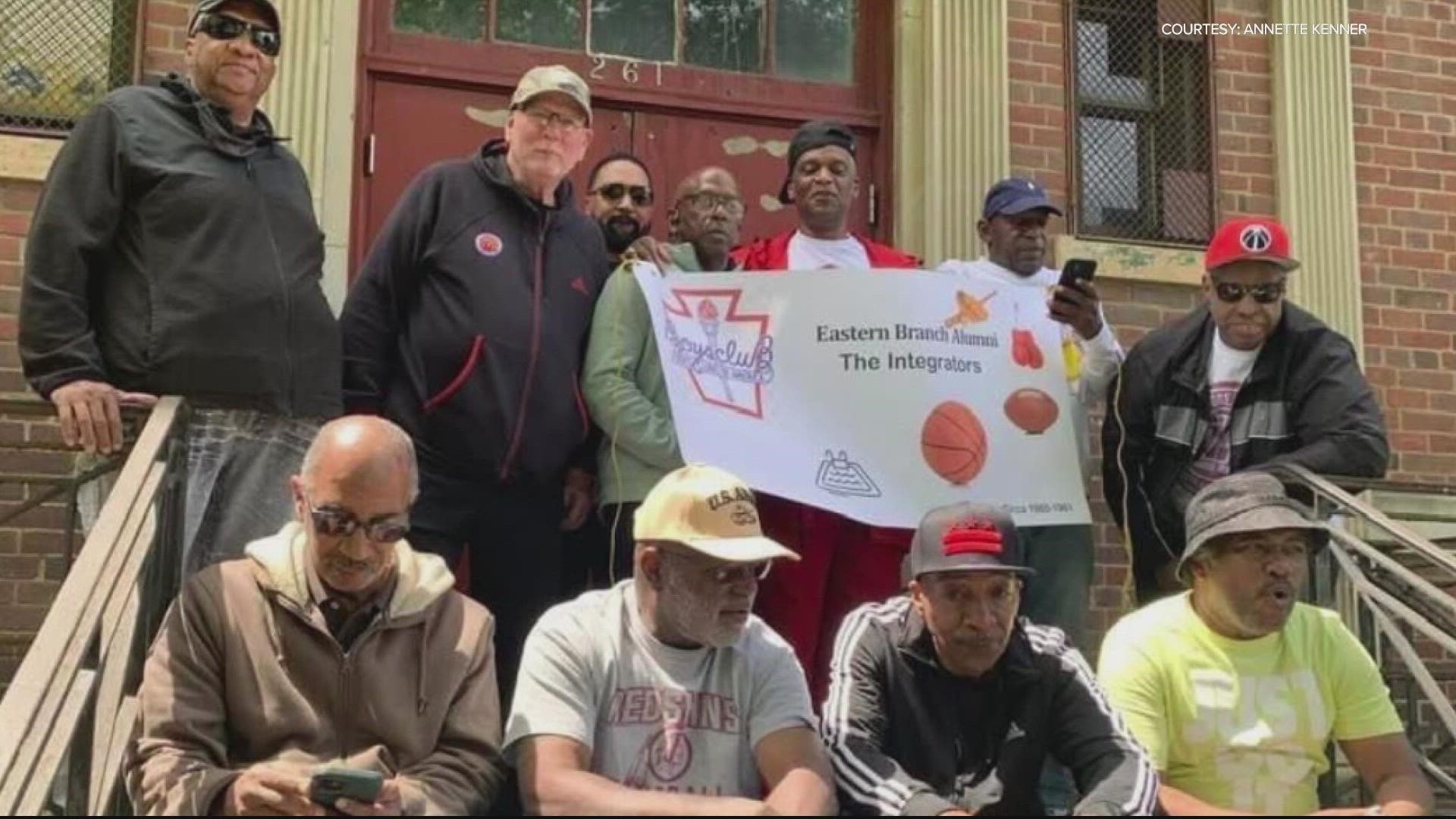WASHINGTON — WUSA9 is getting a closer look into a plan that could change the way developers build in D.C.
Supporters of the Common Ground Act believe the proposal could solve the city's housing crisis by putting residents at the design table before developers even put a shovel into the ground.
At-Large Councilmember Robert White just reintroduced this bill Wednesday night (it was first introduced last council session but did not make it out of committee). The bill applies exclusively to deals that the city makes to lease un-used publicly owned property for a dollar a year.
It's a controversial tactic, but commonly used by governments. The idea is to give land they're not using anymore to developers for a steal and in return, mandate they build affordable housing. Councilmember White said the problem is the city fails to hold these developers accountable.
There was a lot of concern when 99 acres over at the Saint Elizabeth's campus in Ward 8 was recently sold for a buck. And over on Capitol Hill, neighbors said the city ignored their requests to turn the old Eastern Branch Boys and Girls Club into a recreational center.
Morningstar Community Development, LLC is leasing the building for a dollar a year. The company plans to convert it to community space plus 35 apartments, including 11 affordable units.
“Right now, the government and developers go to the community, and they say, ‘Do you want to keep this empty building that's been falling apart? Or do you want this thing that we have already cooked up and decided what we're going to give to you?’ so that puts community members in a bind,” said CM White. "They should be dictating, though, what type of amenities they want on public land.”
The bill would give residents a say in what moves into to the neighborhood, require developers to include at least 30% of affordable three-bedroom units large enough and cheap enough for low-income families and require developers to report back.
“We put the community in the driver's seat of the development plans. Developments that get any amount of public funds now are required to do reports for five years after the development is finished, to compare what they promised the city and community would get in terms of the number of affordable housing, the number of jobs created in the tax revenue, compared to what we actually got,” White explained.
The councilmember said the bill’s restrictions could hurt developers’ bottom line, but he believes it will help weed out the developers who don't have the communities' interests in mind.

